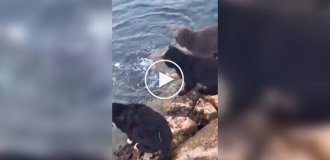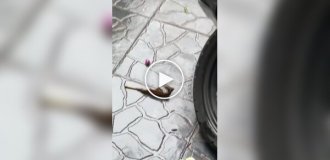Radioactive waste from a British military base leaked into a Scottish bay (5 photos)
Guys, imagine: you are fishing in a picturesque Scottish bay near Glasgow, and under the water there is not only fish, but also radioactive waste from nuclear warheads. The locals don’t even need to imagine. 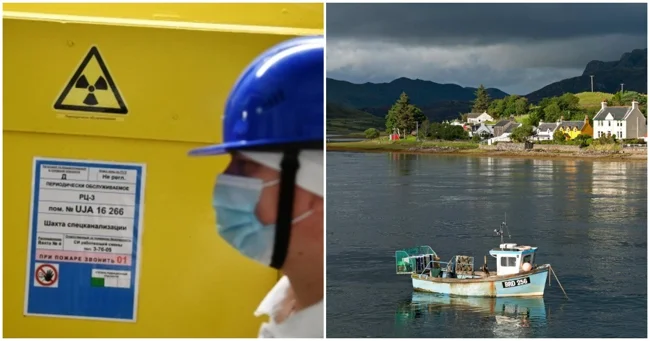
Sounds like a plot from “Fallout”? No, this is not my sick fantasy, I have brought you a fresh foreign scandal.
An unfortunate emergency recently occurred at the Royal Navy base in Coulport, where warheads for Trident submarines are stored. The Guardian dug up documents from the Scottish Environment Protection Agency (SEPA), and it turned out that contaminated water with tritium leaked into the Gulf of England because the navy did not repair 1,500 old pipes.
Not a single blunder, but a systemic fail. The local MoD (Ministry of Defence) tried to hush it up, but somehow it didn’t work out. 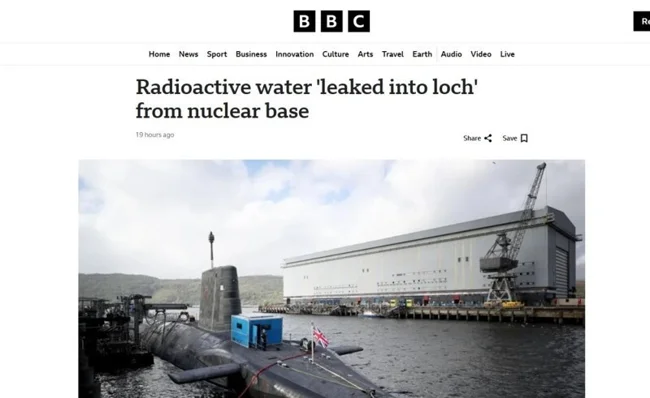
It all happened at the HMNB Clyde (Faslane and Coulport) facility, the heart of Britain’s nuclear might, where Vanguard submarines with Trident missiles are serviced. The base is on the shores of Loch Long, 40km from Glasgow.
According to SEPA, the pipes have repeatedly burst due to corrosion and lack of maintenance, causing "unwanted radioactive waste" - mainly tritium (a radioactive isotope of hydrogen used in thermonuclear weapons) - to leak into the drains and from there into the bay. 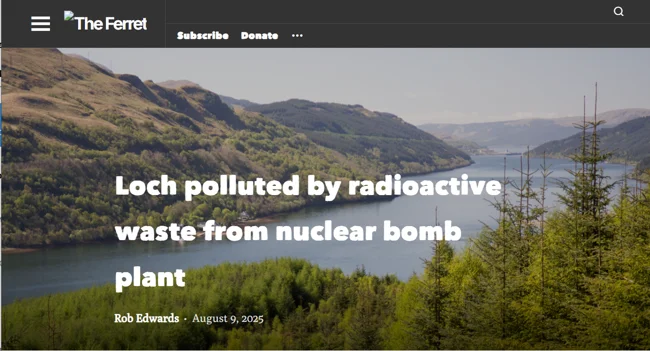
Tritium is not super dangerous in small doses (it weakly emits beta particles and is excreted from the body), but accumulation in the ecosystem is like a time bomb for fish, shellfish and, ultimately, people.
It all started with a rupture in August 2019 that flooded the nuclear waste processing area. Contaminated water went into open drainage and into the sea. SEPA recorded this in a report, accusing the Navy of "inadequate maintenance." But this is not a one-off - documents show repeated leaks since 2023, with at least 12 potentially radioactive incidents.
The Ferret (Scottish investigative media) adds: old pipes were bursting like soap bubbles, and the MoD knew about it but was slow to fix it. As a result, the bay is polluted, and locals and environmentalists are furious, because it threatens biodiversity and the health of everyone living there. 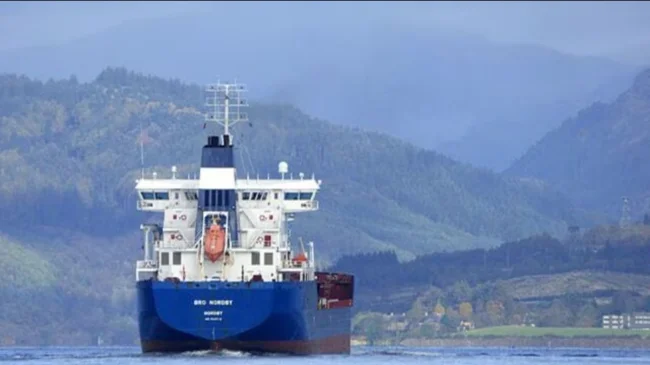
The MoD responded in a "no big deal" manner: they acknowledged the leak but said tritium levels were "below the danger threshold" and "pose no risk to the public". SEPA is calling for urgent pipe repairs and monitoring.
Scottish nationalists (SNP) use this as an argument against nuclear weapons in Scotland - they say that London is risking our land, the parasites. Historically, Faslane has been a controversial site: anti-nuclear protests have been held there regularly since the 1960s, but, as they say, the dog barks, the caravan moves on. 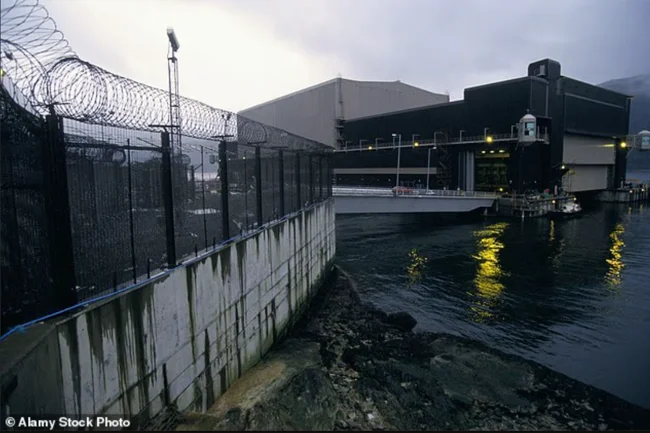
In general, hand on heart, such leaks are, unfortunately, not uncommon in the nuclear industry. In the USA (Hanford site) and Japan (Fukushima) there were similar ones, and also with tritium getting into the water. Experts from Greenpeace warn: tritium can accumulate in the food chain, increasing the risk of cancer. In Scotland, monitoring will show how serious it is, but local fishermen are already nervous. MoD promises to invest in infrastructure, but critics say it's too late to drink Borjomi.
In general, the current situation is a kind of reminder: nuclear power is, of course, cool for defense, but it is extremely important to get the plumbing right.
